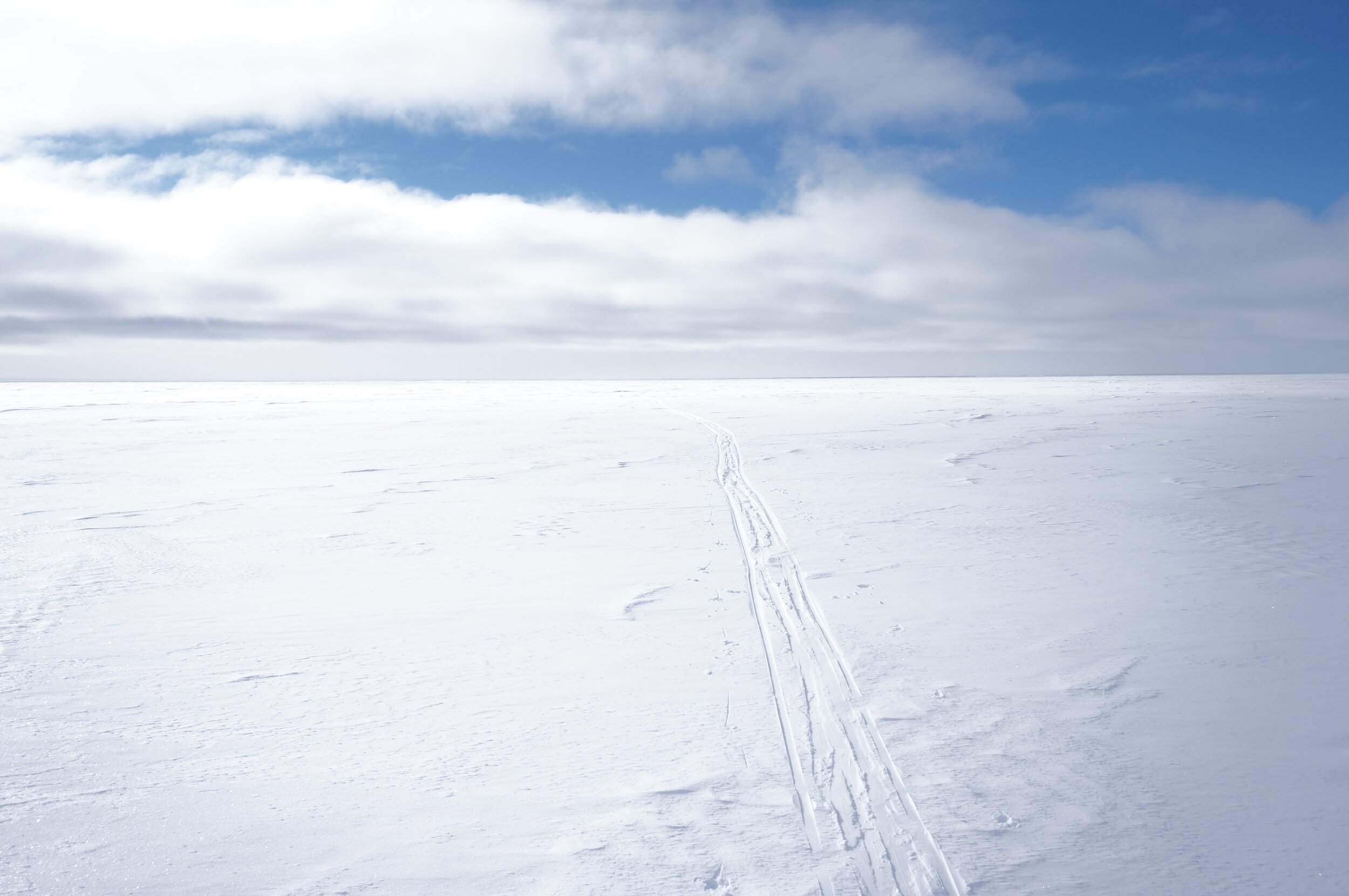due south antarctica
on the edge of a continent
With the wind battering my face and the ice cracking beneath my feet, I remember listening as the small plane that dropped me off at the edge of Antarctica, disappeared.
I’d dreamt of this moment for such a long time, but had so many reasons to doubt if I’d ever make it.
Especially when I found myself in hospital, once to undergo heart surgery and another time for brain surgery - both before the age of 30.
from operating table to operation south pole
Lying in bed in the hospital wards, I remember thinking of what I might not be able to do. Artificial pacemakers - they’re for old people - not 23 years old, like me. How many years did I have left?
Brain surgery - what would the future mean - would I even be able to walk, or see again?
During these times, I took great comfort in visualising, and imagining the same sun I was watching from that hospital bed day after day, in Antarctica, helping guide me to the South Pole.
And then, less than 18 months after brain surgery I was there - I’d even managed to find someone to insure me(!) - and all that lay between me and the goal was 730 miles of the toughest conditions in the world.
alone, but not really…
But although I was alone, I never felt lonely for one step. The kindness and the support of the people following meant I was never by myself.
None more-so than Hazel, whose total and utter support meant I was able to get to the start line. I would never have been able to do it without her.
Not even once did she question why I was going, or if I should still go, even though I questioned myself every day. She was a beacon of selfless drive and positivity throughout it all.
Working full time in jobs, early morning and late nights we watched as the rejection emails arrived as we tried - unsuccessfully - to get funding for me; eventually taking make the decision to take out a huge loan.
There was no way I could let so many people, and the charity, Marie Curie, down. Those who donated eventually raised over £90,000 for this amazing charity.
we learn the most from the hardest moments
Skiing alone, many times my mind wandered to receiving the devastating, life-changing news.
Then, flashbacks of waking up, and the realisation that I now had a metal device to regulate my irregular heart and later, a metal plate in my head, as surgeons tried to remove a huge mass from my brain.
I wondered how it would change my outlook and my future in the months and years to come.
Now, as well as being two of the most formative things to happen in my life, I can safely say they’re also two of the best.
They helped me every single step on the way to the South Pole solo, over 39 days, to become the first Scot and the youngest Bri to do so. And probably, less surprisingly, the first with an artificial pacemaker.
realising our resilience
These health experiences have not only have they made sure I stay healthy and alive - they’ve made me feel more alive. They’ve helped me through challenging times in life, and on expeditions.
They’ve made me discover resilience, my passion and understand our - all of our - potential.
And these are traits that we all have - it’s just that too many of us don’t realise how to use them to achieve what we want, and instead we doubt and underestimate ourselves and our resolve.
I’ve been there too.
sharing experiences, encouraging others
So now, I’m focused on sharing my ongoing story and lesson I’ve learned to help others make small changes to improve their well-being and achieve their potential.
Because I know that we can always take much more from the toughest moments than they can ever take from us and do more than we ever thought possible.
we offer
speaking
Highly regarded, established storytellers & hosts, creating thought-provoking content to inspire positive action
‘wow’ workshops
Bespoke nature-based workshops to inspire innovative thinking, creativity, teamwork and wellbeing
blog
Our thoughts, musings and reflections on everything from nature and wellbeing to expedition mindset to teamwork.








